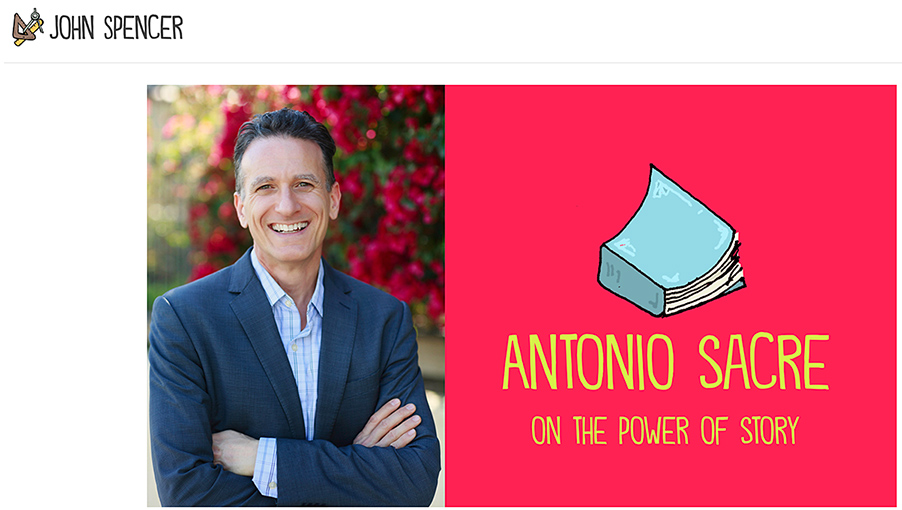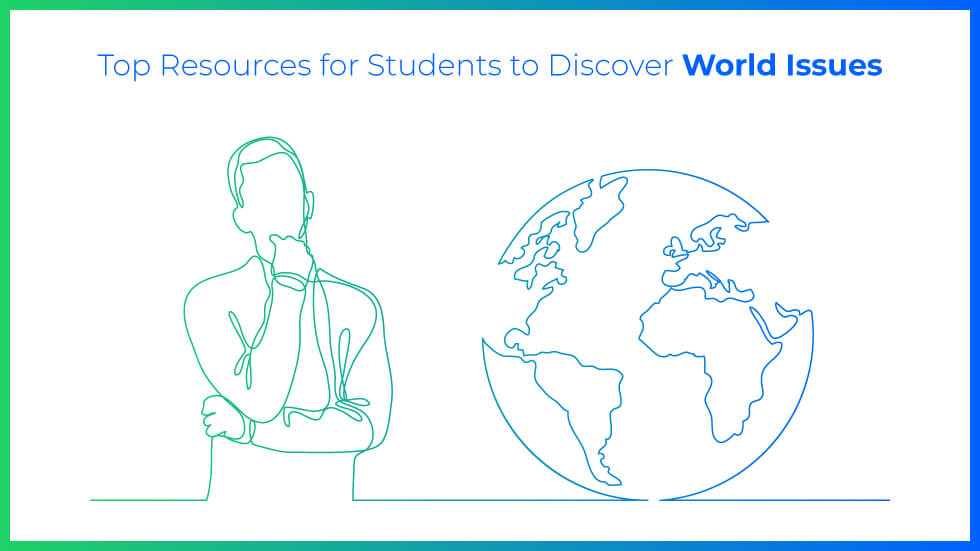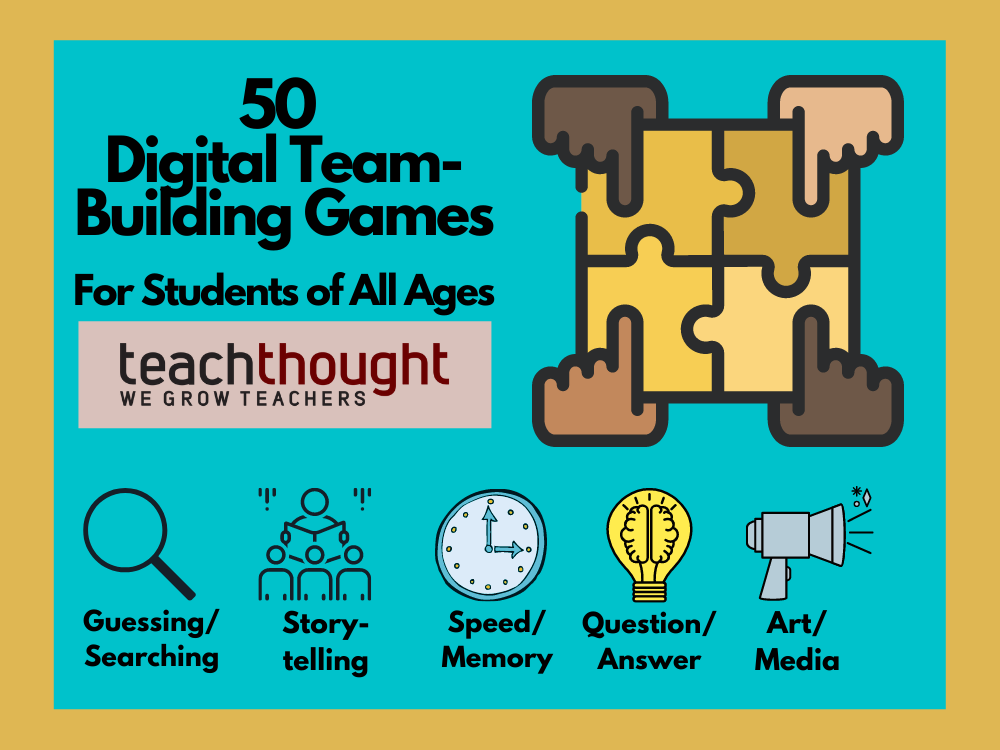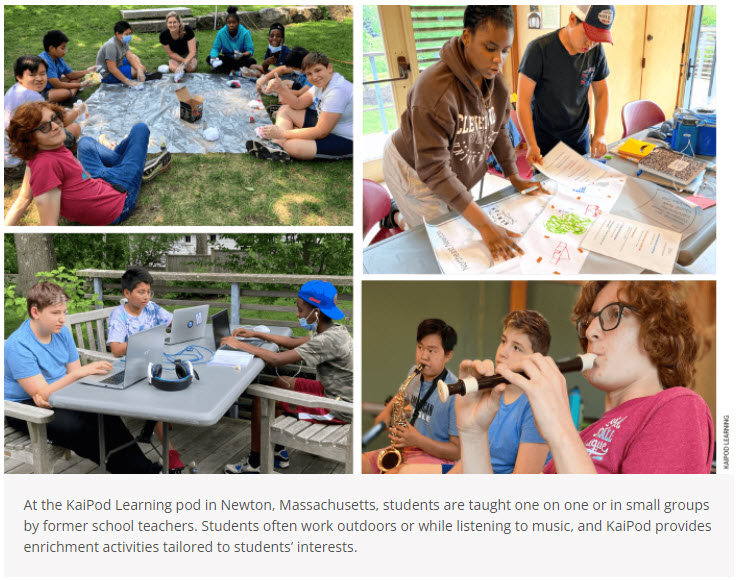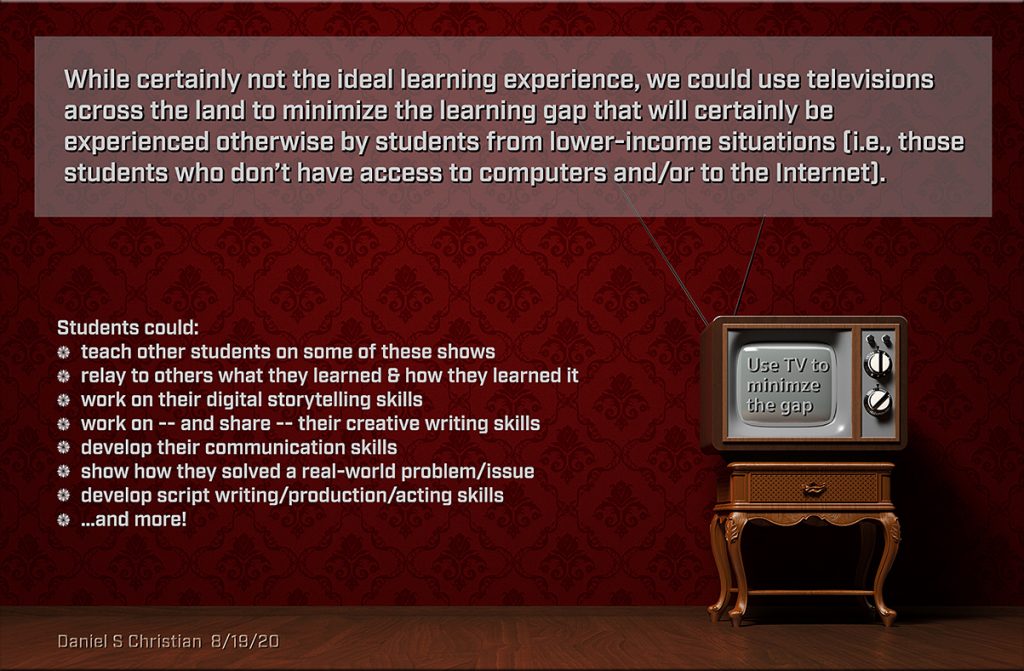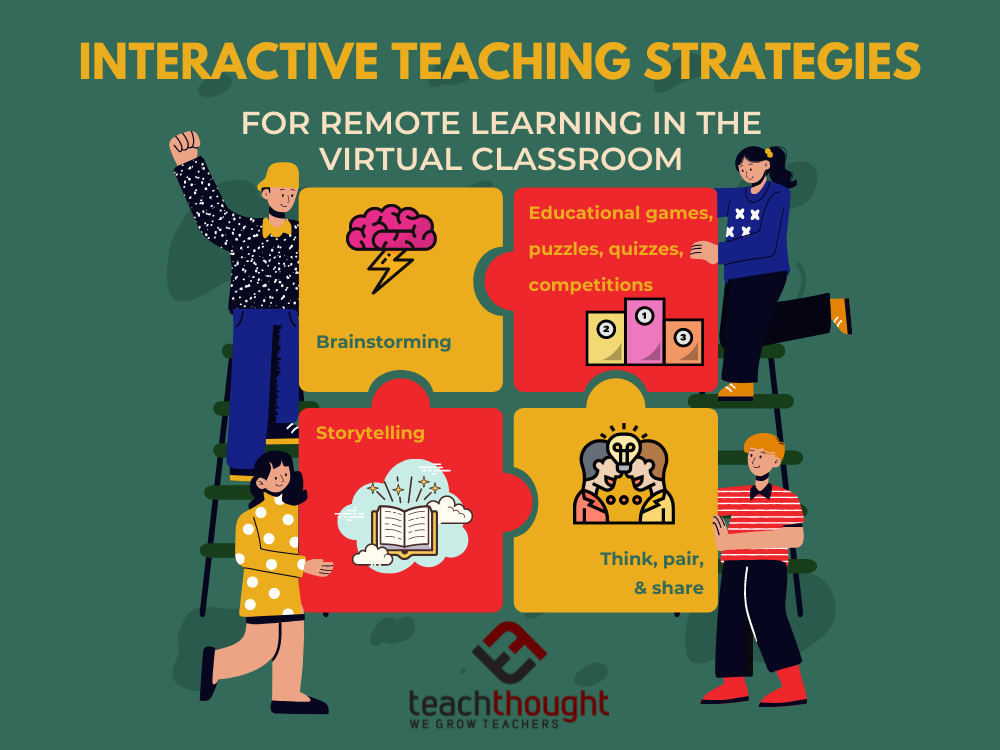BLOCKCHAIN INNOVATION CHALLENGE — from the American Council on Education (ACE)
About the Challenge
The challenge sought technology-enabled solutions that reoriented the education and employment ecosystem around the individuals that they aim to serve. It invited teams to articulate a vision and design pilots that addressed an ecosystem-first designed approach driving interoperability, social mobility, and learner control expanding on these essential themes:
- Empower all learners:
How can learners exercise agency over their digital identities, including all records of learning, so they can share them in a secure, validated, and machine-readable way? - Unlock lifelong learning:
How can learning be better documented, validated, and shared no matter where it occurs? How can control or ownership of learning records improve the way underserved learners connect and unlock disparate learning opportunities? - Improve economic mobility:
How can blockchain help learners to find in-demand education in employment-relevant skills to advance economic mobility and to fulfill the promise of higher education???
The four winners of the Blockchain Innovation Challenge were…









